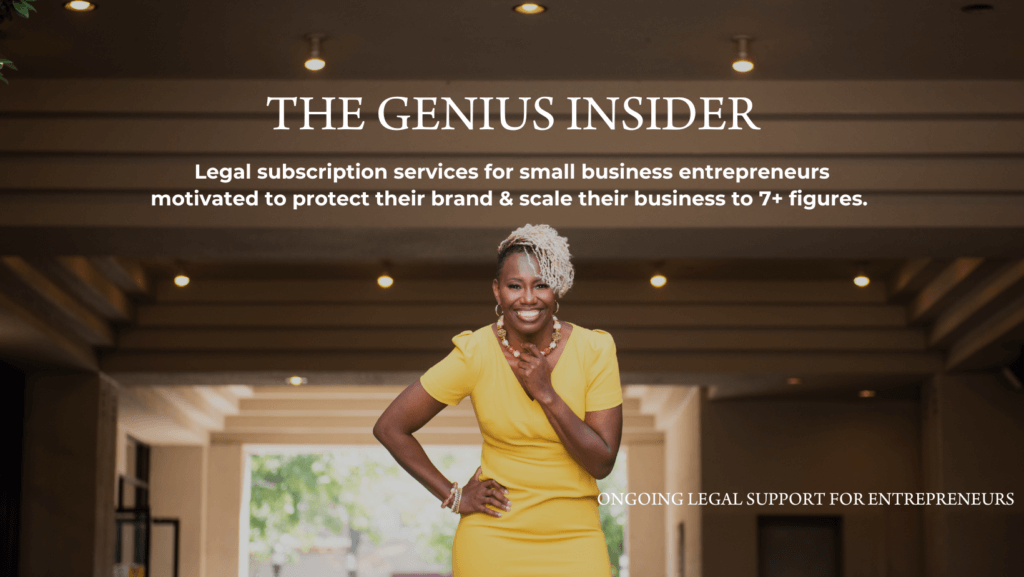Last month Sprint sued AT&T alleging the company was misleading consumers into believing they were using 5th generation wireless network, when they weren’t. Sprint goes on to say that AT&T customers were seeing 5G on their mobile devices even though they were still on the 4G network. The 5 and 4 G refers to data speeds. This is super important now more than ever as more and more people use their cellphones as mini computers and televisions.
False Advertisement is a thing and its not just reserved for brand ambassadors.Under the Lanham Act, the same act that governs trademarks and services marks, businesses are prohibited from creating an unfair competitive advantage through misleading advertising or label.
To prevail on a false-advertising claim under the Lanham Act, a plaintiff must satisfy the following elements:(1) a false or misleading statement of fact; that is (2) used in a commercial advertisement or promotion; that (3) deceives or is likely to deceive in a material way; (4) in interstate commerce; and(5) has caused or is likely to cause competitive or commercial injury to the plaintiff.
In this case Sprint is essential arguing that AT&T is misleading consumers to believe that AT&T has access to faster technology when that is not the case. Although their customers are still using 4G technology the phones indicate that they are using 5G . Because of this Sprint alleges that people are choosing to use AT&T services over Sprint because they believe they have an advantage.AT&T says they have done nothing wrong and that the 5G label simply lets consumers know that 5G is available in that area. Which may technically be true but is misleading because the people can’t access the 5G network. (Blog along with the highlighted podcast description)The Lanham Act covers two types of false statements1. Statements that are just flat out lies2. Statements that are literally true but likely to mislead, confuse, or deceive
The act doesn’t cover what is considered puffery. Puffery is advertising or promotional materials that makes broad exaggerated or boastful statements about a product or service that is matter of opinion and not something that can be measured. Statements like the world’s best fill in the blank are puffery and are not illegal. Mainly because the statement is a matter of opinion.
Top Three Takeaways1. There’s a difference between an exaggerated statement of opinion and a straight up lie. One may get you the side eye from those who don’t share your opinion the other can’t hurt your pockets as a result of legal fees and damages.2. You can be legally liable for half truths told in your advertisement if they mislead, confuse, or deceive in a way that causes competitive or commercial injury to another party3. Although the Lanham Act is federal and requires some sort of interstate commerce interaction, many states have their own versions of unfair competition.
Remember, if you found this information useful, share it with your friends, subscribe, and leave a review.If you see a story you want to share send it to podcast@thelegaltea.co







